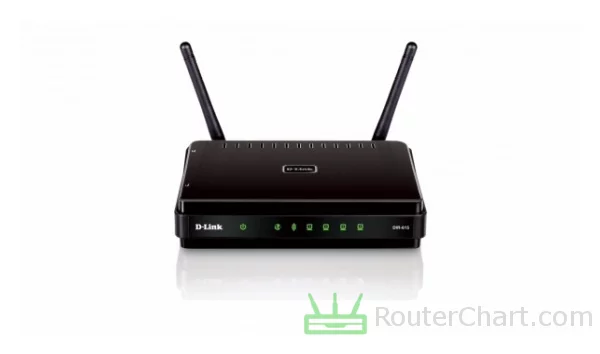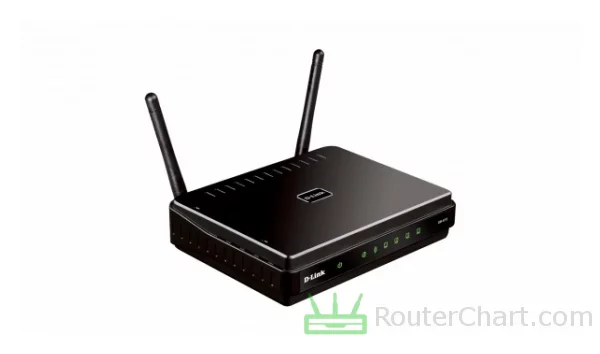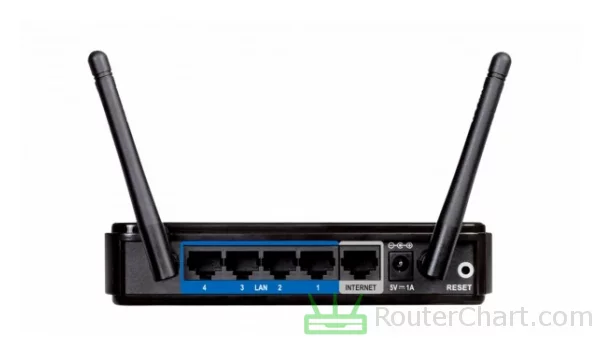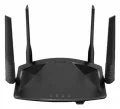D-Link N300 router review
D-Link introduced the N300 router in 2013. It is powered by Realtek RTL8196E @ 400 MHz chipset, 8 MB of RAM, and 2 MB of flash memory.
Want to know if the N300 is a game-changer? Keep reading to know!
Table of Contents
- D-Link N300 specifications
- Body, dimensions, weight
- System, chipset, RAM, flash, power supply
- Network, protocols, WAN and LAN ports
- Wireless, antennas, speed, security
- Connectivity
- Administration, user interface, login information
- Links
- Verdict, Pros and Cons
- Photos
- Comparisons
Our personal experiences and opinions form the basis of this article. We aimed to share insights on a topic, and we hoped others would find it useful and inspirational. If you noticed any mistakes or missing details about the D-Link N300, please let us know.

The N300 is a basic Wi-Fi router. It provides reliable wireless connectivity for small homes. D-Link has received awards and recognition for its excellent networking products.
D-Link N300 specifications
| Brand | D-Link |
|---|---|
| Name | N300 |
| Type | DIR-615 |
| Rating | |
| Launch | 2013 |
Body
| Dimensions | 148 x 113 x 32 mm |
|---|---|
| Weight | 214 g |
If you live in a small apartment, the size of the router is crucial to deciding whether it will fit. The weight of the router is not typically a critical factor for most setups.
System
| Chipset | Realtek RTL8196E @ 400 MHz |
|---|---|
| RAM | 8 MB |
| Flash | 2 MB |
| OS | D-Link |
| Power supply | 12 V / 0.5 A |
The Realtek RTL8196E @ 400 MHz CPU affects the router's performance, working with RAM and firmware. You cannot expand the router's memory (8 MB). When selecting a router, it's essential to think about the RAM specifications.

Network
| Protocols | IPv4 |
|---|---|
| LAN ports | 4 x 10/100 Mbps |
| WAN ports | 1 x 10/100 Mbps |
| Mobile network | no |
| VPN support | no |
Wired connections may bottleneck due to the limits of Fast Ethernet ports.
Wireless
| Antennas | 2 x 2 dBi RP-SMA |
|---|---|
| 2.4 GHz | yes |
| 5 GHz | no |
| 60 GHz | no |
| Standards | IEEE 802.11b/g/n |
| Class | N300 |
| Speed | 300 Mbps |
| Transmit power | 17 dBm |
| Security | WEP WPA WPA2 |
| Guest network | no |
Many IoT devices, smart home devices, and older Wi-Fi devices mainly use the 2.4 GHz band. Older routers have a more limited range than newer Wi-Fi standards. So, they're less suitable for larger homes or offices. The introduction of WPA2 (Wi-Fi Protected Access 2) improved upon WEP. It provides stronger security.

Connectivity
| USB ports | no |
|---|---|
| Print server | no |
| File server | no |
The N300 router doesn't have file-server or print-server functionality.
Administration
| Default IP | 192.168.0.1 |
|---|---|
| Default username | Admin |
| Default password | [blank] |
Changing the password often is a good security practice. It protects your network and devices from unauthorized access. Changing the default password improves your router's security. It reduces the risk of unauthorized individuals controlling your network.
Links
| Official site | https://www.dlink.com/ |
|---|
Pros and Cons
Every router, including this D-Link one, has its good sides and not-so-good sides. Let's take a closer look at both to get a full understanding of what this router can do. Just remember, this is just what I think, and you might see things differently.
Pros
- lightweight
Cons
- insufficient memory
- insufficient flash
- lack of Gigabit LAN
- Non-gigabit WAN port
- missing Wi-Fi 6 support
- lacks Wi-Fi 5 compatibility
- reduced Wi-Fi bandwidth
- incompatible with WPA3
- missing WPS support
- no USB connectivity
D-Link N300 photos




D-Link N300 comparisons
We've noticed that many of our visitors like to compare the D-Link N300 router with these popular models.
If there’s information about the D-Link N300 that you would like to see on this site, then write to us.
Updated: May 25, 2024





